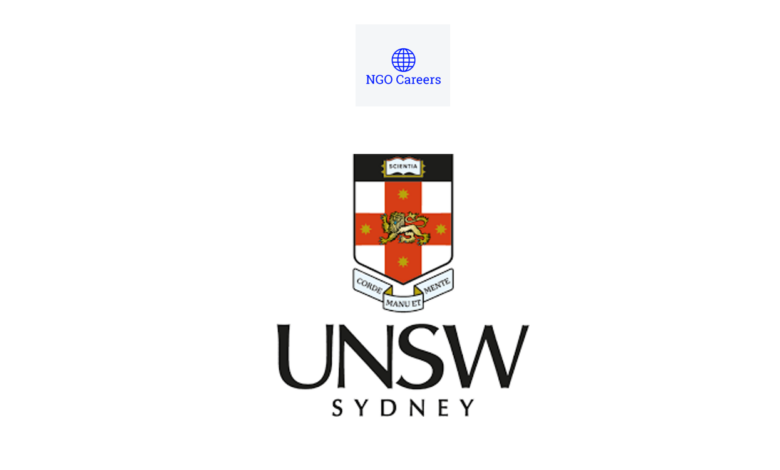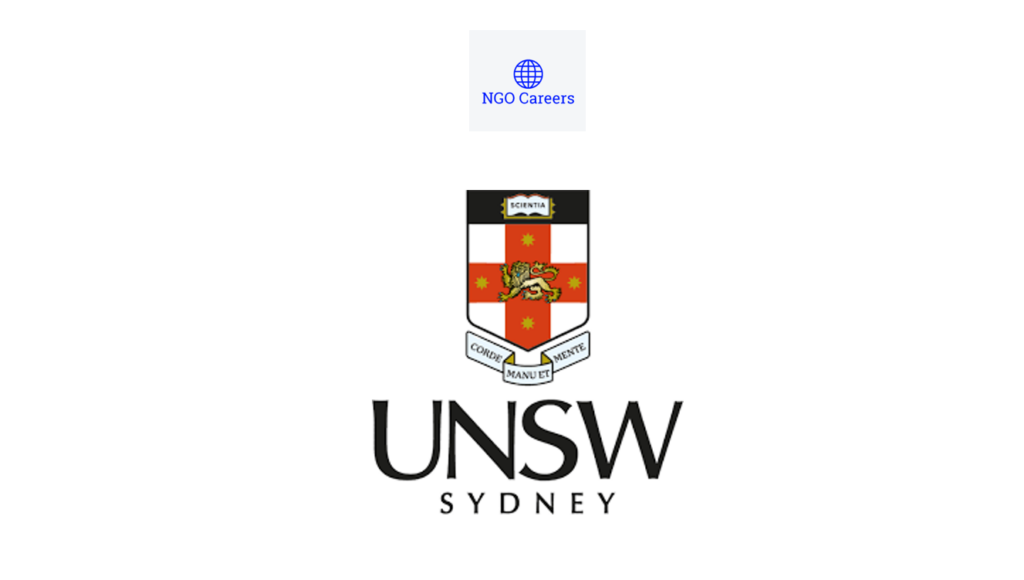PhD Scholarships on Fuel Cells at UNSW: Sydney, Australia
PhD Scholarships on Fuel Cells at UNSW: Sydney, Australia

PhD Scholarships on Fuel Cells at UNSW: Sydney, Australia.
Are you interested in doing a PhD in fuel cells? Is Australia among your target countries? If so, then this opportunity is definitely for you and you would not want to miss it. Check it and apply.
ABOUT UNSW
The University of New South Wales (UNSW) is one of the leading universities in Australia and is the 44th best university in the world (2021 QS World University Rankings). The School of Chemistry is in the UNSW Kensington Campus, within easy reach of Sydney’s CBD, sandy beaches and national parks. Sydney is consistently rated as one of the world’s most liveable cities.
UNSW is driven to deliver excellence in all we do, underpinned by our ethos of heart, hand and mind.
From attracting the world’s foremost leaders, the brightest students, and partnering with champions of industry, government and community – we are proud of the positive impact we are making.
The World Bank Young Professionals Program (YPP) 2023 – APPLY NOW
People are at the core of everything we do. From our Nobel Laureate, world leading academics, champions of industry and innovation, and our incredible alumni – UNSW invests in and harnesses the potential of our community, as we work together to create positive change.
Since its inception, UNSW has delivered outstanding educational outcomes, capitalising on our tradition of discovery, collaboration, entrepreneurship, technology, and our commitment to social justice.
Our world-leading research spans pioneering renewables, developing critical therapeutic treatments, creating equitable education, progressing the Uluru Statement, and advancing quantum computing (and much more).

What is a Fuel Cell
A fuel cell is a type of energy conversion device that generates electricity by using a chemical reaction between a fuel, typically hydrogen, and an oxidant, such as oxygen or air. The reaction produces electricity, water, and heat as byproducts. Fuel cells are known for their high efficiency and low emissions, making them a promising alternative to traditional combustion engines in various applications, including transportation, stationary power generation, and portable devices.
Fuel cells are a promising alternative to traditional combustion engines as they offer several advantages. Firstly, fuel cells are more energy-efficient than traditional combustion engines as they convert chemical energy directly into electrical energy, resulting in less waste heat. Secondly, fuel cells are environmentally friendly as they use hydrogen or other renewable fuels, which emit only water and heat as by-products. Thirdly, fuel cells have a longer lifespan and require less maintenance compared to combustion engines, making them more reliable and cost-effective in the long run. Fourthly, fuel cells can be used in a wide range of applications, including transportation, stationary power generation, and portable devices. Finally, fuel cells have the potential to reduce our dependence on fossil fuels and contribute to a sustainable energy future.
ABOUT THE NANOELECTROCHEMISTRY GROUP
The NanoElectroChemistry Lab in the School of Chemistry at UNSW is led by Professor Chuan Zhao and composed of ~20 enthusiastic researchers from 8 countries. The group is one of the leaders in electrochemistry and nanomaterials in Australia and publishes regularly in highly respected journals. The group also has strong links with the industry and has several patents successfully commercialised. We are looking for a PhD candidate to work an industry-funded project in Hydrogen Fuel Cells in the School of Chemistry of University of New South Wales (Sydney, Australia).
Ireland Fellows Programme 2023 , Africa – Apply now
Please apply if you have a passion for research and wish to pursue a career in the fields of clean
energy and sustainability such as:
✔ Electric vehicles
✔ Green hydrogen production and export
✔ Decarbonisation technologies
The successful applicant will:
✔ Synthesize low Platinum and Platinum-free catalysts for hydrogen fuel cells
✔ Evaluate their performances in three-electrode systems and in real hydrogen fuel cells devices
✔ Conduct advanced operando and post-mortem characterization
Qualifications:
✔ Master’s degree or 1st Class Honours in Chemistry, Electrochemistry, Chemical Engineering, Materials Science,
or a similar discipline
Desired skills:
✔ Knowledge of electrochemical energy technologies such hydrogen fuel cell, electrolyser, or batteries
✔ Demonstrated experience in conducting research projects and publishing research papers in respected journals
✔ Excellent spoken and written English
The positions are available immediately. Candidates interested in these positions are welcome to contact Dr Quentin
Meyer (q.meyer@unsw.edu.au) and Prof Chuan Zhao (chuan.zhao@unsw.edu.au) via email, and attach a CV, cover letter, and other relevant information.
MORE INFORMATION AND APPLICATION HERE




